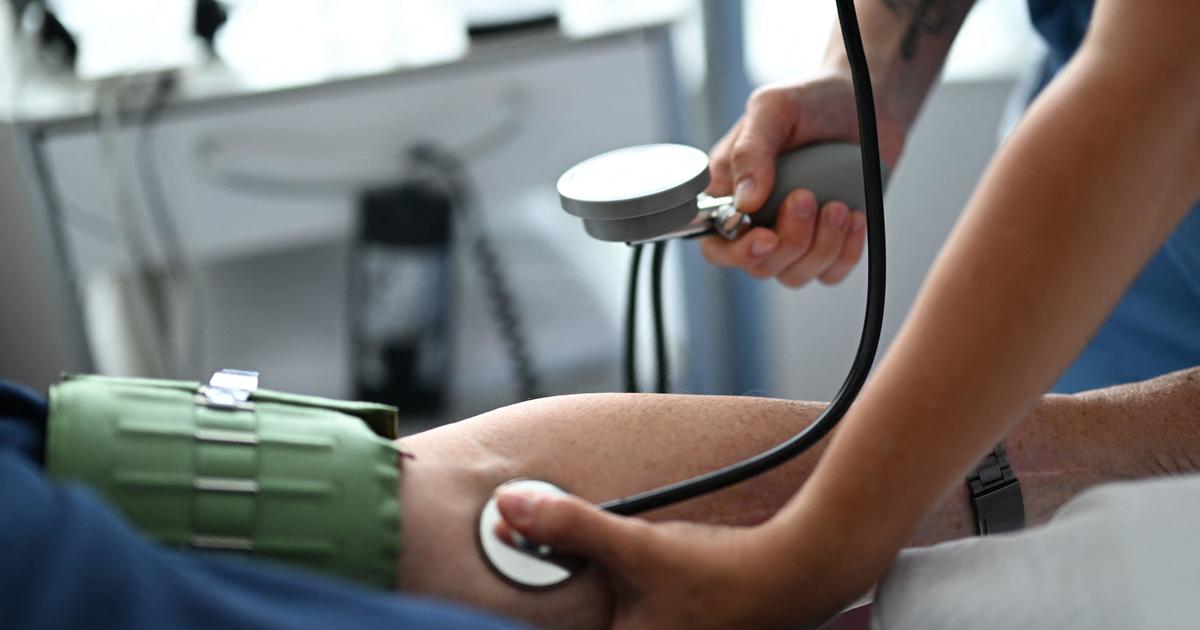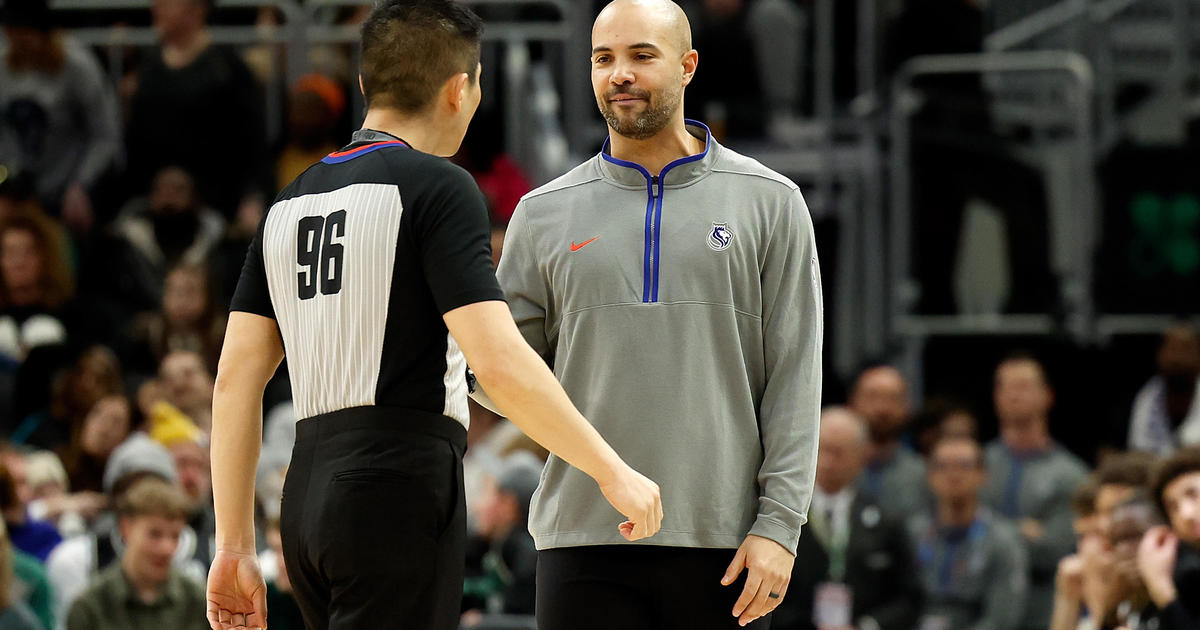Woman meets blood donor who helped save her life: "Extremely and inexplicably grateful"
NEW YORK -- September is Sickle Cell Awareness Month, and Monday, two women connected by the gift of life finally got to meet for the first time.
There were hugs and gratitude as Shatera Weaver met Christine van Benschoten, the woman who donated blood for her life-saving treatment.
"I am extremely and inexplicably grateful for you and everyone, and I implore other people to join the ranks and get to donate blood," Weaver told van Benschoten.
According to the Centers for Disease Control and Prevention, 100,000 Americans, including 10,000 New Yorkers, live with sickle cell. The disorder affects mostly African Americans.
It causes some red blood cells to become deformed into a sickle shape and die. Those cells clog the blood flow and can lead to infections or strokes.
Patients like Weaver rely on blood transfusions to stay healthy.
"It is what gives me my strength back. It revitalizes me and then I can get back to my life when that happens, so it really is interesting to see the person, meet the person. That's never happened before, so it's a surreal moment," she said.
Van Benschoten, 72, says she started donating blood regularly years ago.
"It's a chance to show that little old 72-year-old ladies can get out and donate," she said.
The moment the two met was emotional for donor specialist Karlene Darby, who collected the life-saving donation.
"It's just overwhelming and heart-rending," she said.
Van Benschoten wants everyone to know that donating is easy.
"The people at the center where I donate are wonderful, and they give you cookies," she said.
For more information on how to donate blood, visit nybc.org/donate-blood.




